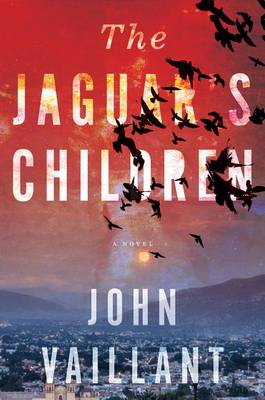Reviewed by meowstina on
I was hesitant to read this book because it’s not what I would usually pick up and I thought it might be boring, but something prevented me from discarding this title. I’m glad I saw some initial value, though, because this is actually a pretty interesting and heartfelt book.
The plot is set out as I expected, with Hector commenting on his current situation and telling stories of his past. Each voice memo and text is separated by date and time so that it’s very apparent how long Hector and his travelling companions are trapped. It may sound like a drag, but these stories are not usually boring. Hector’s voice and tales are so human and are thus filled with the defining characteristics of love, hate, loss, and hope. He talks about his childhood as well as his mother’s, father’s, and grandfather’s lives. Each story is filled with hardship and love, and while they are all unique, it’s that humanness, again, that also unites them.
It’s not entirely believable that Hector verbally told these stories because the language and the way they are written read more like a well-crafted novel (which this is, but in this instance the writing probably should have been a little more casual to match the format), but it’s something I was able to mostly overlook. I was still able to become attached to Hector and to appreciate his stories.
Within these stories, this novel also discusses at length issues in Mexico. They include racism (within and outside of the country), political turmoil, poverty, and secret/underground endeavours. The book weaves these issues into Hector’s (and his family’s) life, making it apparent that his case is not isolated and shedding light on a lot of people’s lives in Mexico.
I was pleasantly surprised by this book, and while it may drag toward the end (because you can tell Hector’s health is declining and wonder when and if it will end), I’m glad I read it. I didn’t feel quite as disconnected as I thought I would, and I learned a lot.
Reading updates
- Started reading
- 28 December, 2014: Finished reading
- 28 December, 2014: Reviewed
